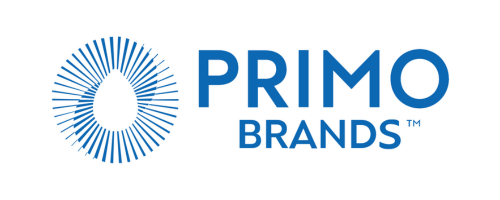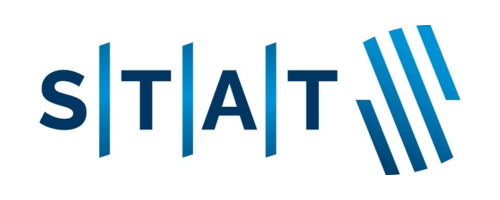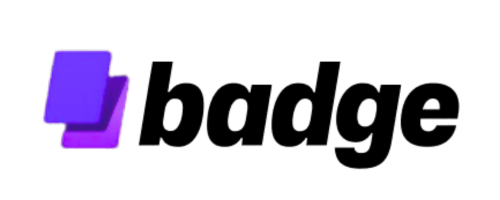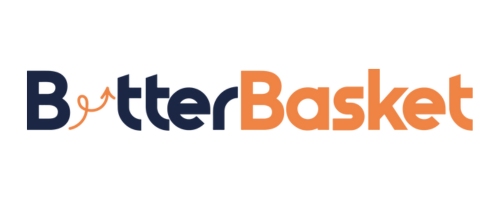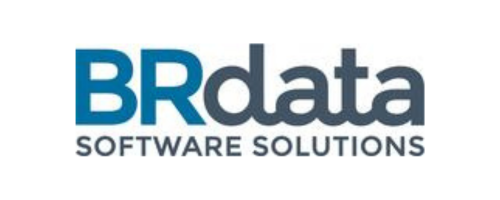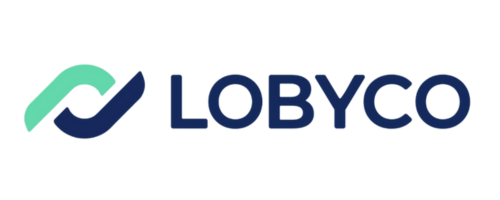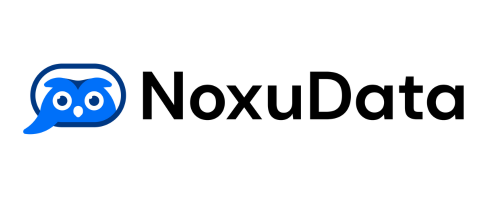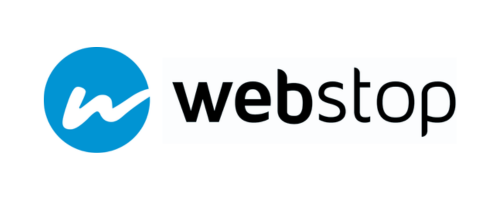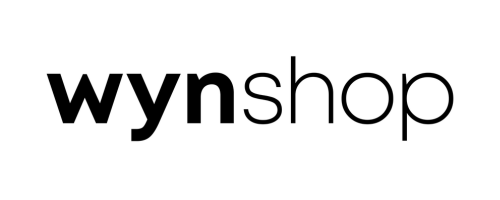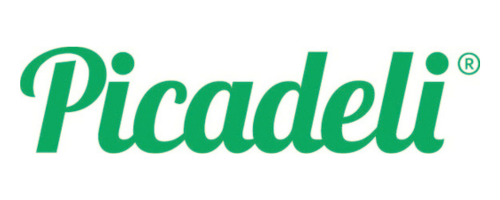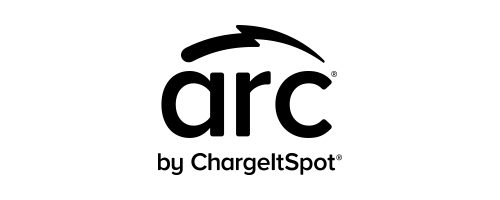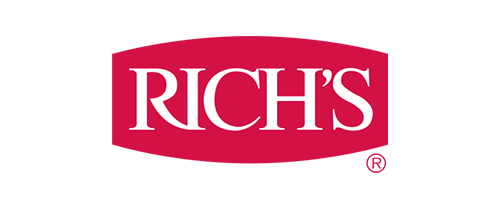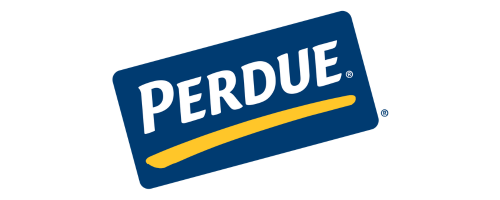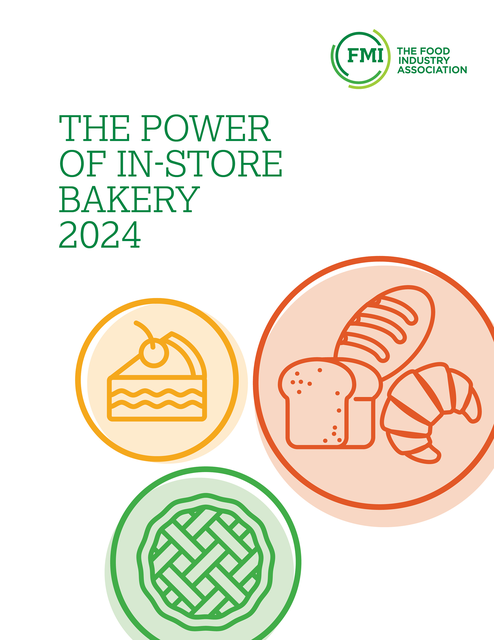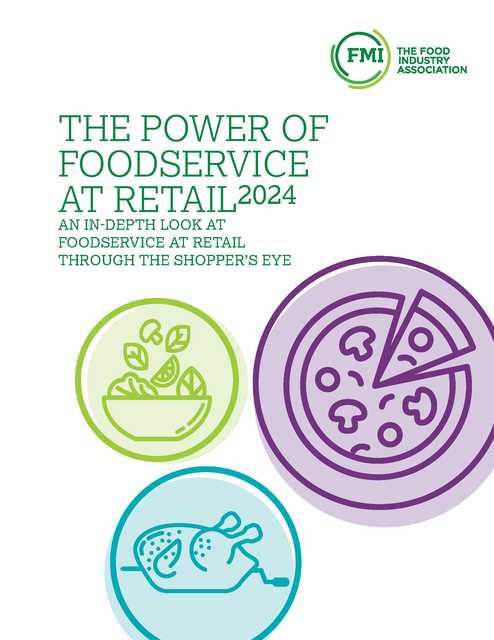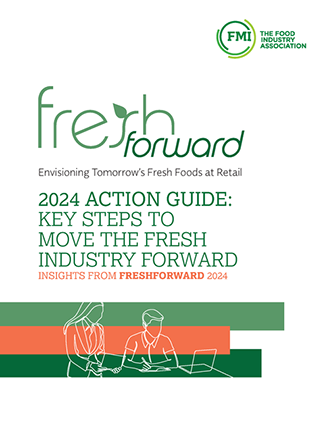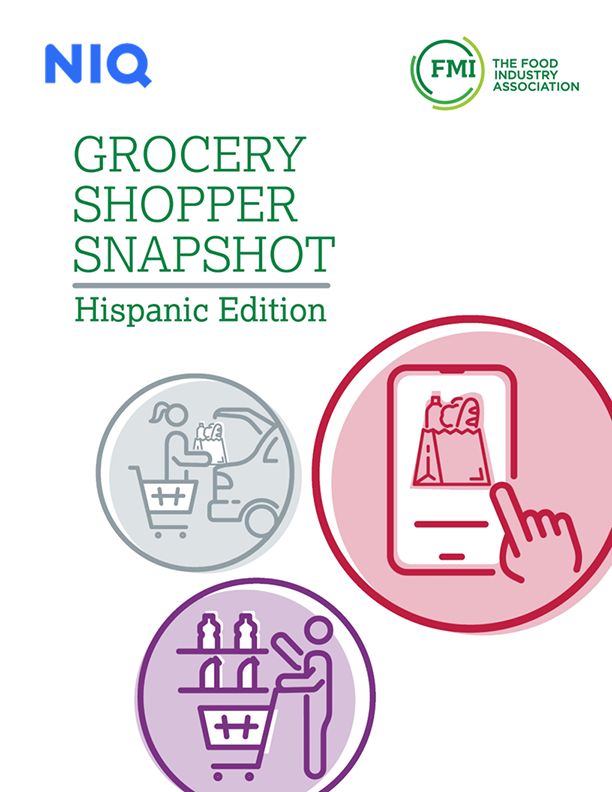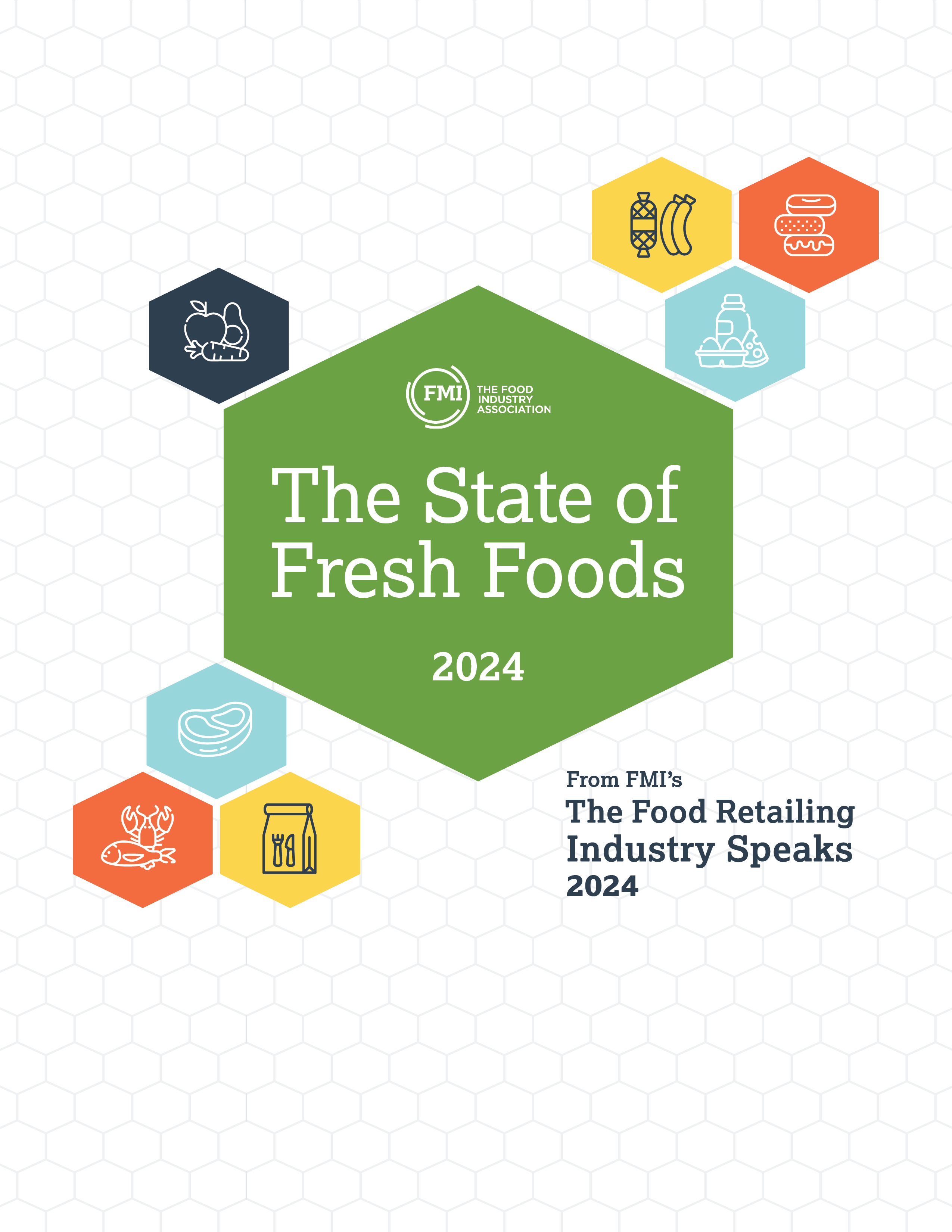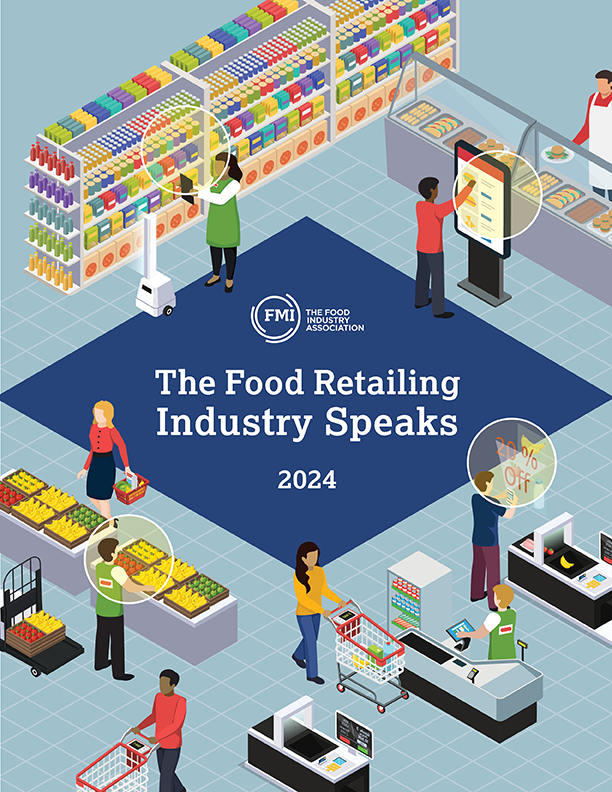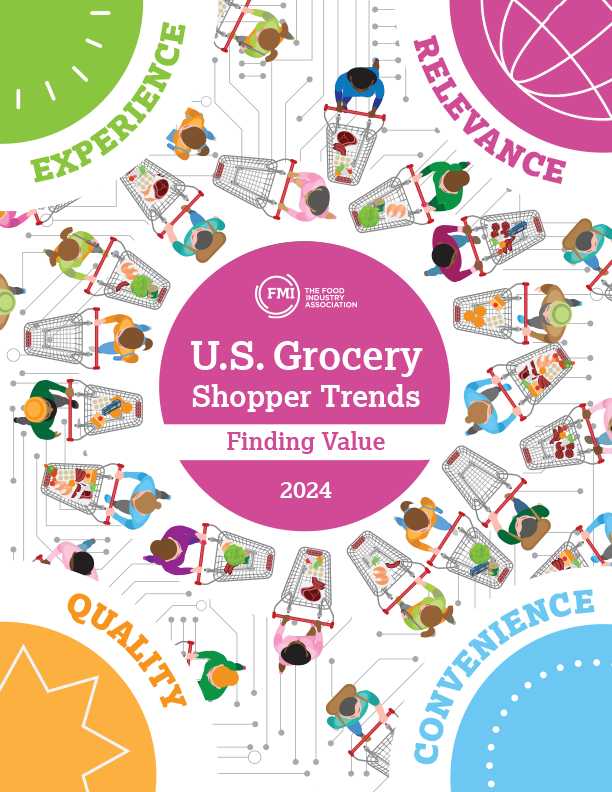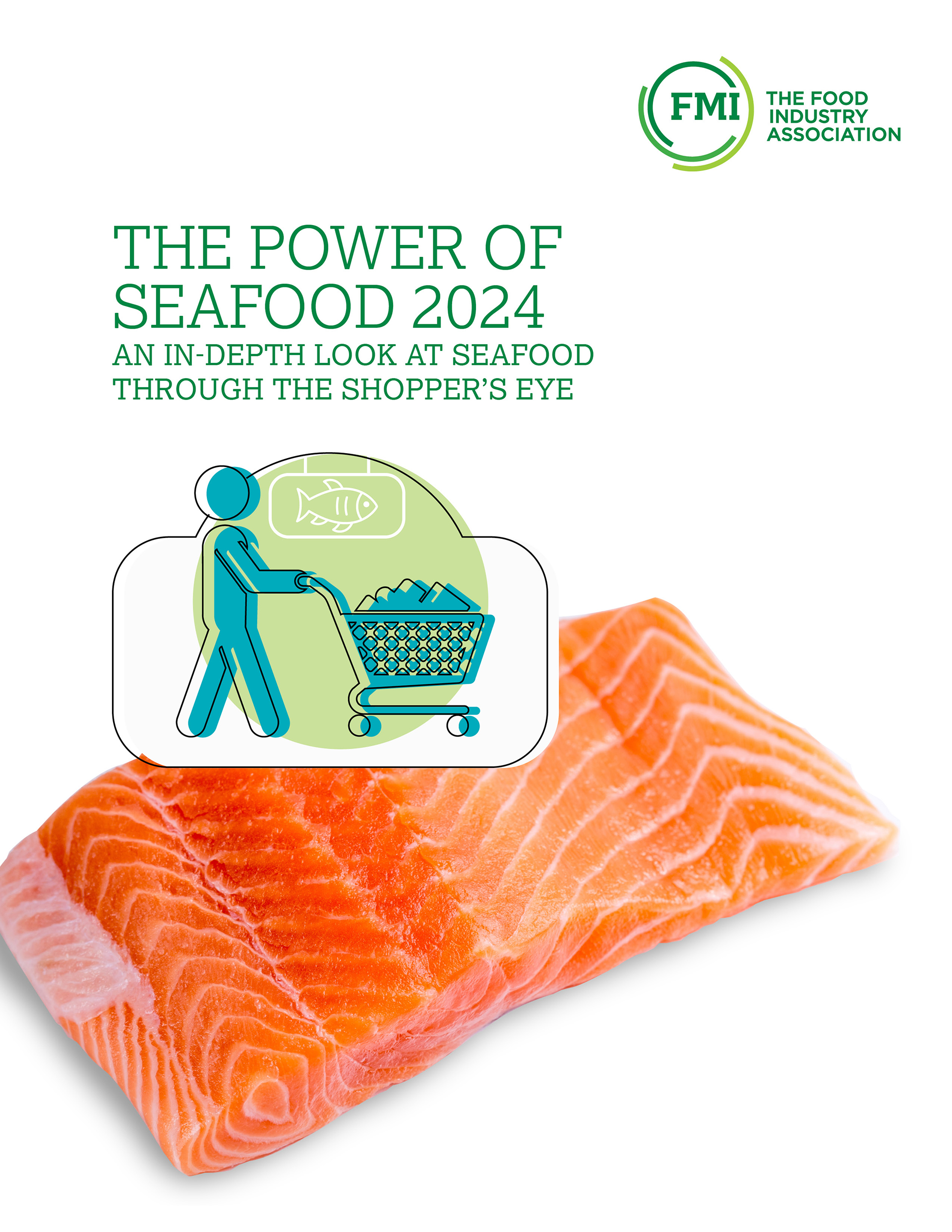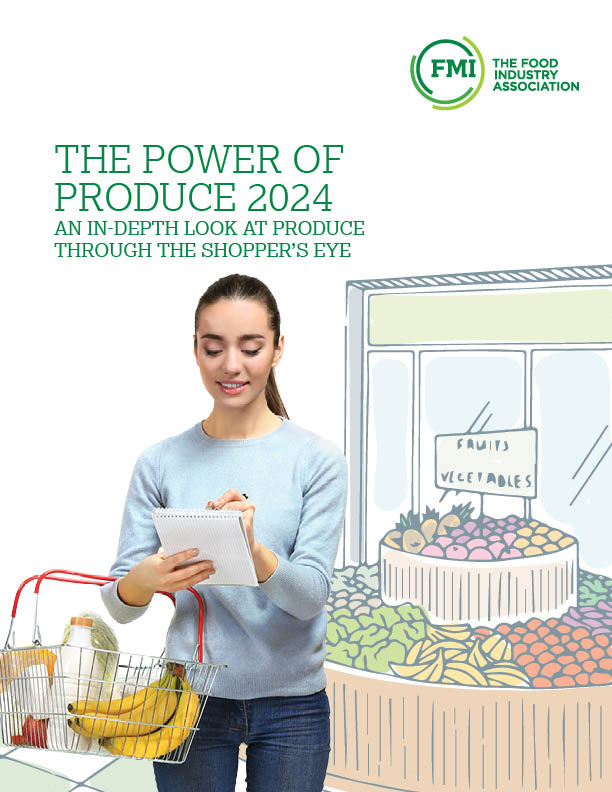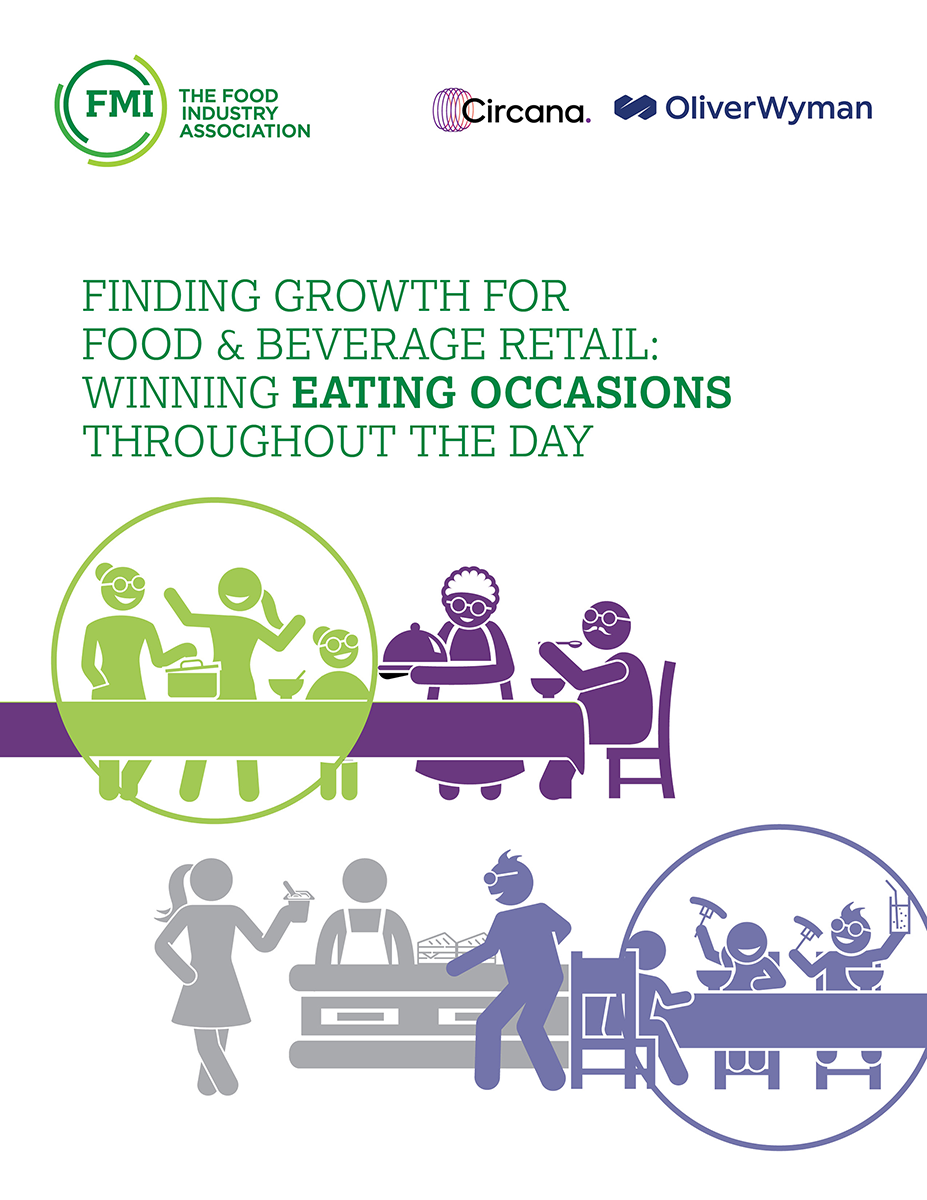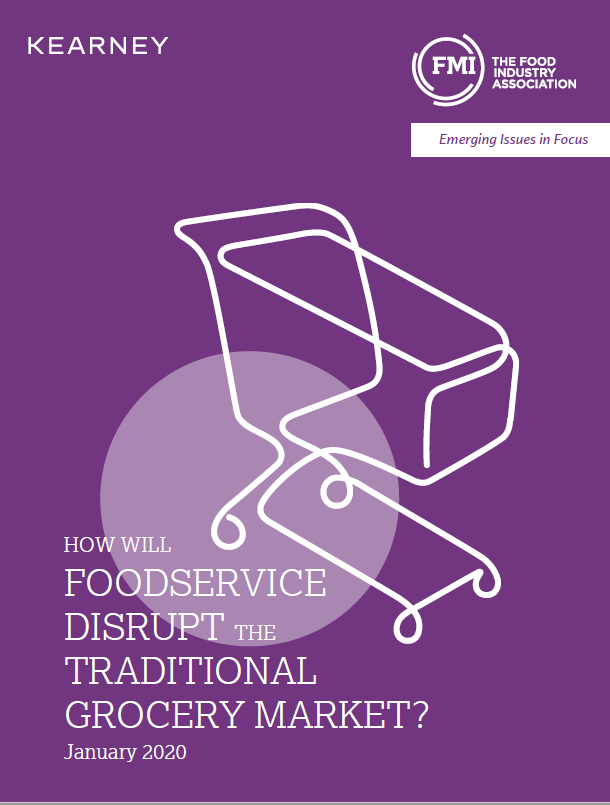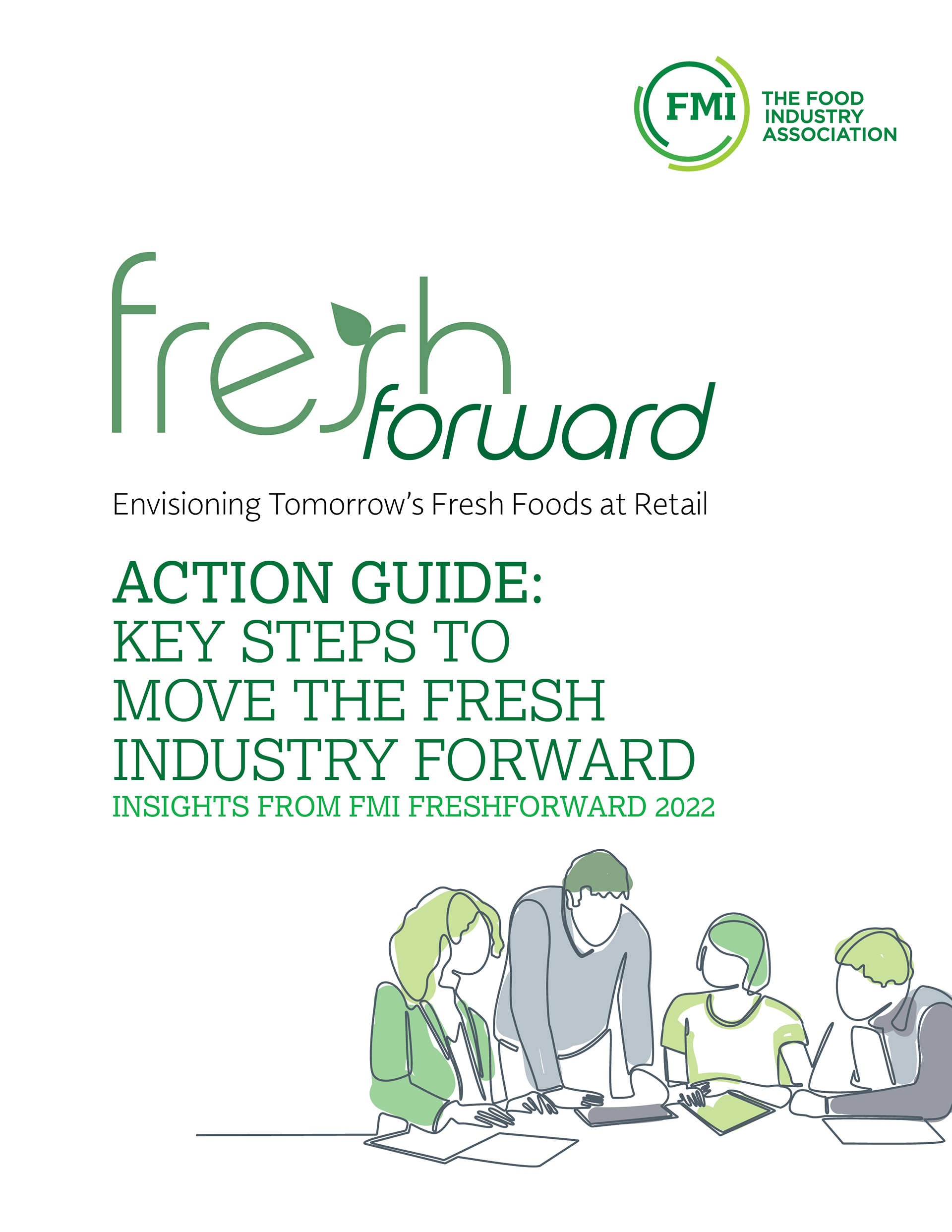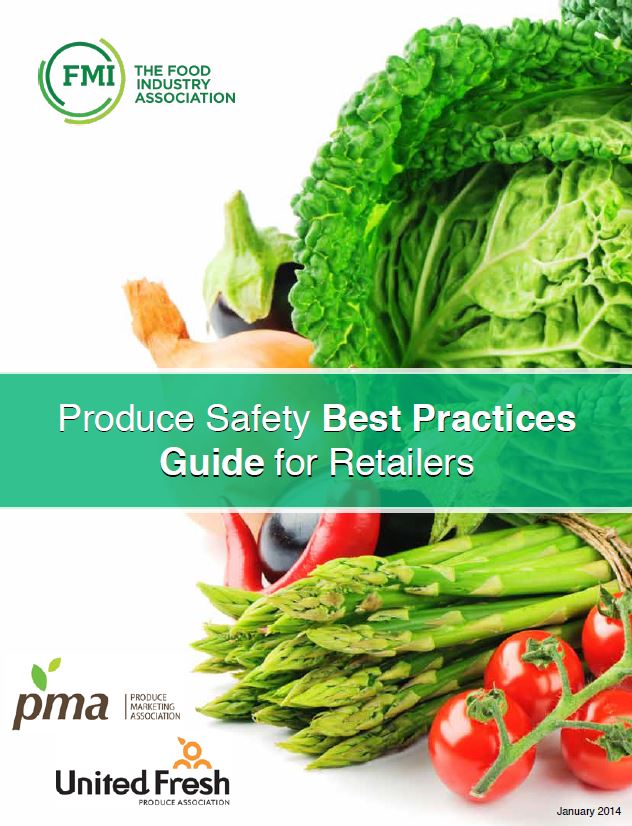By Sophie Ravitz, Intern, FMI

As a senior at American University studying public health, I frequently reflect on the foundations of public health, which are rooted in the “Social Determinants of Health.” These include factors like economic stability, education access and quality, healthcare access and quality, neighborhood and built environment, and social and community context.
Access to fresh and healthy foods—critical for preventing chronic disease—is often shaped by these determinants. The strides in healthy benefits and the "Food is Medicine" movement represent major milestones in addressing these challenges. As a nation, the United States leads in rates of chronic disease, but with concerted efforts, this trend can change over time.
Having grown up immersed in the food retail space and with a passion for public health and community well-being, I see healthy benefits and "Food is Medicine" as the perfect intersection of my interests. Achieving lasting change, however, requires collective efforts—local, statewide, nationwide, and even global.
Healthy Benefits in 2024
The landscape of healthy benefits in 2024 is rapidly evolving, especially as we move into a new calendar year and presidency. The upward trajectory of healthy benefits from a Medicare Advantage perspective is projected to continue expanding, creating unique opportunities for consumers and retailers to enhance health and well-being.
Healthy Benefits Cards
Healthy benefits are increasingly being made available through health care providers, technology companies, employers, government agencies, and more. Many of these distributors offer benefits through cards that function like prepaid debit cards, allowing purchases of select grocery items or wellness products. However, what can and cannot be purchased depends on the specific rules set by each provider or retailer.
Health Care Provider-Based Benefits
Several healthcare plans, particularly Medicare Advantage plans, now include healthy benefits as part of their offerings, often on a quarterly basis. These benefits may be bundled with other allowances for over-the-counter products or provided through prepaid cards.
Major providers offering these benefits include:
- UnitedHealthcare
- Humana
- CVS Health (Aetna)
- Cigna
- WellCare
- Blue Cross Blue Shield
- Kaiser Permanente
Here are some examples of benefits cards currently available:
- UnitedHealthcare UCard
- Humana Spending Account Card
- WellCare Spendables Card
- Aetna Extra Benefits Card
- Aetna Healthy Foods Card
- Anthem Blue Cross Blue Shield Benefits Prepaid Card
- Kaiser Permanente Healthy Food Card Allowance
Technology Company-Based Benefits
Health care technology companies are also playing a significant role in the healthy benefits space. These companies often provide apps and software to help consumers track their benefits balances, while some offer their own healthy benefits cards.
Examples include:
- Soda Health: Soda Health derives its name from the Social Determinants of Health (SODA) and has a mission of creating health equity through individualized benefits through the “&more” card, with a downloadable app for tracking benefits.
- Nations Benefits: The Flex Card, which can be tracked using the Benefits Pro Portal & App.
- InComm: Cards such as the Dual Network Benefit Card, Healthy Foods Benefit Card, and Restricted Spend Cards, all trackable via the OTC Network mobile app.
- Soultran: The “OneCard,” supported by the S3 Network benefits platform.
- FIS: A prepaid card monitored through Filtered Spend services.
- Fresh Connect: The “Fresh Connect Prepaid Card,” trackable via the consumer’s healthcare plan’s preferred system.
- WEX: The WEX Medicare Advantage Flex Card, managed through their benefits platform and mobile app.
Looking Ahead
Our members have made significant strides in this space, which continues to grow as we move into 2025. According to FMI’s 2024 Food Industry Contributions to Health & Well-Being report, 41% of retailers surveyed accepted health-insurance provided cards, another 5% accepted company-provided cards, and 14% have plans to accept cards in the next year.
FMI remains committed to providing members with the tools they need to meet the evolving needs of consumers and aid in their missions of feeding families and enriching lives. FMI has developed a range of resources to help members better understand healthy benefits, including two white papers – one on how accepting healthy benefits cards support customers and another on how to unlock the benefits of healthy benefits programs - and on-demand recordings created jointly with Oliver Wyman.
















---2024-11-21t125328-133.png?sfvrsn=8c779f49_1)

---2024-11-05t093623-330.png?sfvrsn=11333dbe_1)












